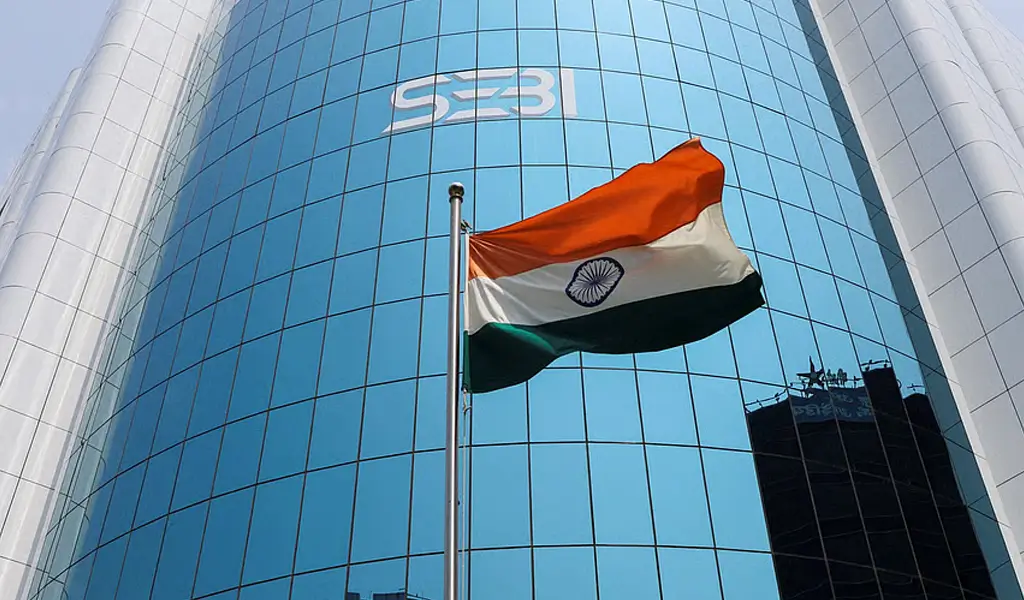Securities and Exchange Board of India (SEBI) reviewed the Small and Medium Enterprises (SME) framework under SEBI (Issue of Capital and Disclosure Requirements) Regulations, 2018 [‘ICDR’], and applicability of corporate governance provisions under SEBI (Listing Obligations and Disclosure Requirements) Regulations, 2015 [‘LODR’] on SME companies and gave an in-principle approval for amendments to the ICDR and LODR at its 208th board meeting.
SEBI had floated a consultation paper on revamping norms dt: November 19, 2024[1] . Below is the summary of decisions taken at SEBI board:
1. Eligibility Criteria for IPOs
- Consultation Paper Proposal: Issuers should have an operating profit (EBITDA) of ₹3 crore from operations for at least 2 out of 3 financial years before applying.
- Approved Amendment: Issuers can make an IPO with an operating profit of ₹1 crore from operations for any 2 out of 3 financial years at the time of filing the DRHP.
2. Offer for Sale (OFS) in SME IPOs
- Consultation Paper Proposal: Limit OFS to 20% of the issue size and selling shareholders cannot sell more than 20%of their pre-issue holding.
- Approved Amendment: OFS is capped at 20% of the total issue size, but selling shareholders can sell up to 50%of their holdings.
3. Lock-In Period for Promoters’ Shares
- Consultation Paper Proposal: Increase lock-in on Minimum Promoter Contribution (MPC) to 5 years. For holdings above MPC, release 50% after 1 year and the rest after 2 years.
- Approved Amendment: Lock-in for shares exceeding MPC will be released in the proposed phased manner: 50% after 1 year and the remaining 50% after 2 years. No changes to MPC lock-in.
4. Allocation for Non-Institutional Investors (NIIs)
- Consultation Paper Proposal: Divide NII allocation into two subcategories based on application size (up to ₹10 lakh and above ₹10 lakh). Discontinue proportionate allotment and use a “draw of lots” for oversubscription, like the retail investor category.
- Approved Amendment: Align the NII allocation methodology for SME IPOs with that of the main board IPOs.
5. Cap on General Corporate Purpose (GCP) Funds
- Consultation Paper Proposal: Limit GCP to 10% of the issue size or ₹10 crore, whichever is lower, and delete the provision for unidentified targets/acquisitions.
- Approved Amendment: GCP amount is capped at 15% of the issue size or ₹10 crore, whichever is lower.
6. Restriction on Repayment of Promoters’ Loans
Both Proposed and Approved: SME IPO proceeds cannot be used to repay loans taken by promoters, promoter groups, or related parties.
7. Public Comments on DRHP
- Consultation Paper Proposal: DRHP for SME IPOs should be open for public comments for 21 days, hosted on stock exchanges and lead managers’ websites, with newspaper announcements.
- Approved Amendment: DRHP to be available for 21 days for public comments with a newspaper announcement containing a QR code for easy access.
8. Further Issue Without Migration to Main Board
- Consultation Paper Proposal: Allow SMEs to raise funds without migrating to the Main Board, provided they comply with Main Board LODR governance and disclosure norms if their post-issue paid-up capital exceeds ₹25 crore.
- Approved Amendment: SMEs can raise funds without migrating to the Main Board but must comply with Main Board LODR norms.
9. Related Party Transactions (RPT) Norms for SMEs
- Consultation Paper Proposal: Extend RPT norms to SME listed entities, exempting those with paid-up capital ≤ ₹10 crore and net worth ≤ ₹25 crore. Materiality threshold set at 10% of turnover or Rs 100 crore whichever is lower.
- Approved Amendment: Extend RPT norms to SMEs with a materiality threshold of 10% of turnover or ₹50 crore, whichever is lower. No clarity yet on whether entities with paid-up capital ≤ ₹10 crore and net worth ≤ ₹25 crore would be exempted from RPT provision.
For More Information Click on the link:

